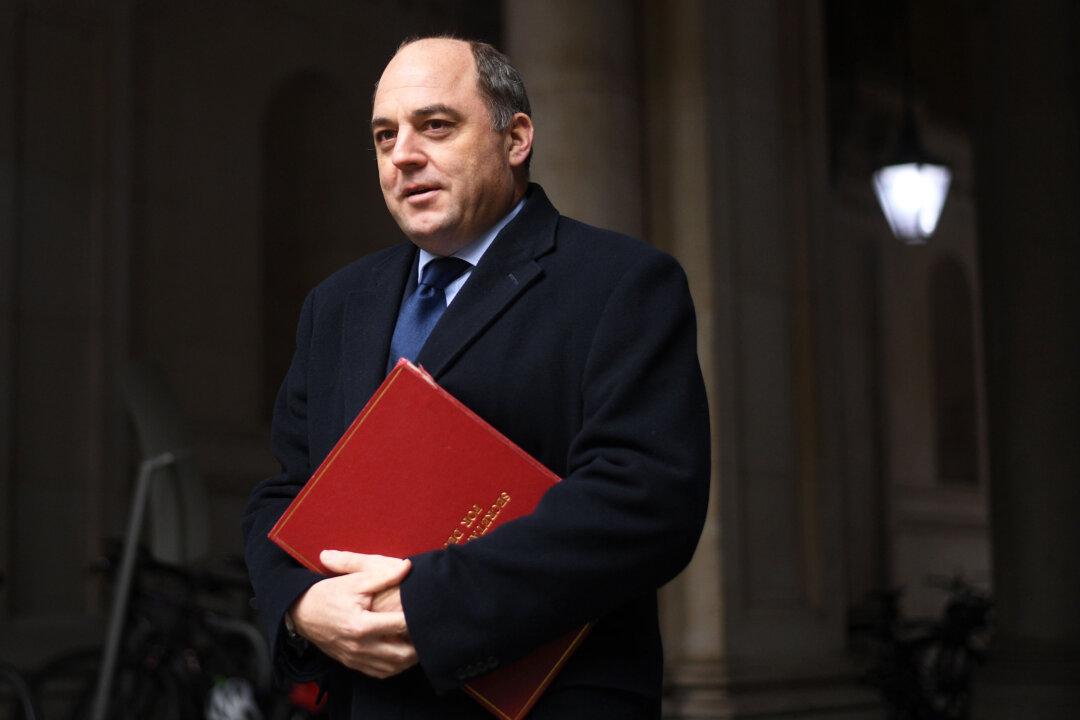UK Defence Secretary Ben Wallace on Sunday rejected the Russian ambassador’s accusation that the UK is breaking the Treaty on the Non-Proliferation of Nuclear Weapons (NPT), and said the UK needs to increase its nuclear deterrence to protect itself and its NATO allies.
The UK government on March 16 said in a policy review that it plans to stock up to 260 nuclear warheads, reversing a previous administration’s announcement in 2010 to lower the cap from 225 to 180 by the mid-2020s.





